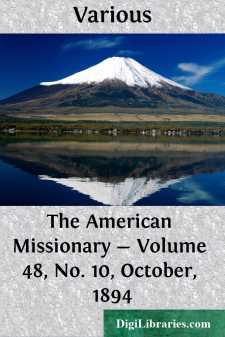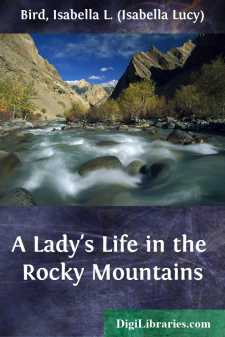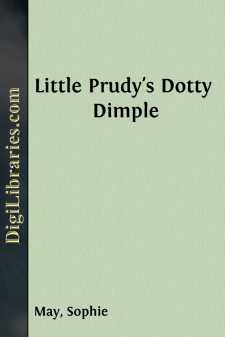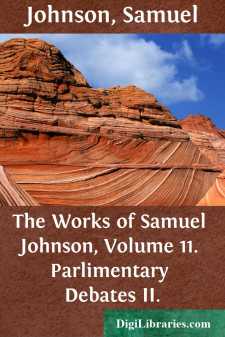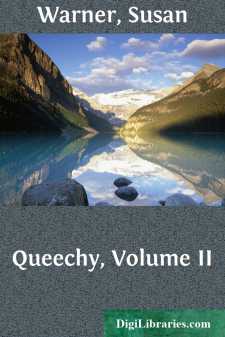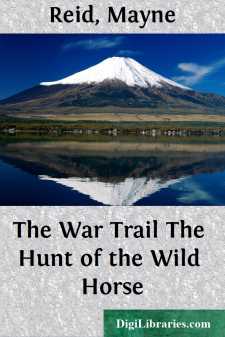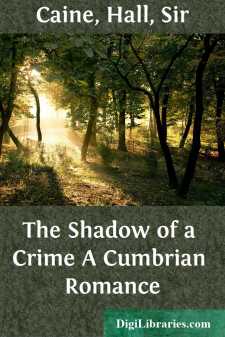Categories
- Antiques & Collectibles 13
- Architecture 36
- Art 48
- Bibles 22
- Biography & Autobiography 813
- Body, Mind & Spirit 142
- Business & Economics 28
- Children's Books 17
- Children's Fiction 14
- Computers 4
- Cooking 94
- Crafts & Hobbies 4
- Drama 346
- Education 46
- Family & Relationships 57
- Fiction 11829
- Games 19
- Gardening 17
- Health & Fitness 34
- History 1377
- House & Home 1
- Humor 147
- Juvenile Fiction 1873
- Juvenile Nonfiction 202
- Language Arts & Disciplines 88
- Law 16
- Literary Collections 686
- Literary Criticism 179
- Mathematics 13
- Medical 41
- Music 40
- Nature 179
- Non-Classifiable 1768
- Performing Arts 7
- Periodicals 1453
- Philosophy 64
- Photography 2
- Poetry 896
- Political Science 203
- Psychology 42
- Reference 154
- Religion 513
- Science 126
- Self-Help 84
- Social Science 81
- Sports & Recreation 34
- Study Aids 3
- Technology & Engineering 59
- Transportation 23
- Travel 463
- True Crime 29
Sort by:
by:
Various
American Missionary Association. ANNUAL MEETING. Our annual meeting at Lowell, Mass., October 23d to 25th, promises to be an occasion of great interest. A large proportion of the addresses will be from missionaries. The work throughout the year has been greatly blessed, despite the difficulties it has had to meet from lack of adequate means. The meeting opens at three o'clock, Tuesday afternoon,...
more...
Letter I Lake Tahoe—Morning in San Francisco—Dust—A Pacific mail-train—Digger Indians—Cape Horn—A mountain hotel—A pioneer—A Truckee livery stable—A mountain stream—Finding a bear—Tahoe. LAKE TAHOE, September 2. I have found a dream of beauty at which one might look all one's life and sigh. Not lovable, like the Sandwich Islands, but beautiful in its own way! A strictly North...
more...
by:
Ebenezer Cooke
e have no means of knowing the history of Master "Ebenezer Cook, Gentleman," who, one hundred and forty-six years ago, produced the Sot-Weed Factor's Voyage to Maryland. He wrote, printed, published, and sold it in London for sixpence sterling, and then disappeared forever. We do not know certainly that Mr. Cook himself was the actual adventurer who suffered the ills described by him...
more...
by:
Leonard Haseman
INTRODUCTION In the preparation of a book of this nature, to be used in the grade schools, we realize that the one fundamental thing to keep in mind is the economic importance of the insect, be it good or bad. The child wants to know what is good and what is bad and how he can make use of the good and how he can get rid of the bad. And yet there is something more associated with the life, work and...
more...
by:
Sophie May
CHAPTER I. DOTTY'S BABYHOOD. Alice was the youngest of the Parlin family. When Grandma Read called the children into the kitchen, and told them about their new little sister, Susy danced for joy; and Prudy, in her delight, opened the cellar door, and fell down the whole length of the stairs. However, she rolled as softly as a pincushion, and was not seriously hurt. "But you can't go into...
more...
by:
Samuel Johnson
IN PARLIAMENT.HOUSE OF COMMONS, DECEMBER 8, 1741.DEBATE ON THE ADDRESS.The commons who attended in the house of lords, having heard his majesty's speech to both houses, returned to their own house, where a copy of it being this day read to them by the speaker, Mr. H.A. HERBERT moved for an address, in words to this effect: Sir, to address the throne on the present occasion, is a custom which, as...
more...
The Road Through the San Fernando Valley, toward the hills of Calabasas runs that old road, El Camino Real of the early Mission days. And now replicas of old Mission bells, each suspended in solitary dignity from a rusted iron rod, mark intervals along the dusty way, once a narrow trail worn by the patient feet of that gentle and great padre, JunÃpero Serra,—a trail from the San Gabriel Valley...
more...
by:
Susan Warner
CHAPTER I. "He that has light within his own clear breast,May sit i' th' centre and enjoy bright day."MILTON. The farming plan succeeded beyond Fleda's hopes thanks not more to her wisdom than to the nice tact with which the wisdom was brought into play. The one was eked out with Seth Plumfield's; the other was all her own. Seth was indefatigably kind and faithful. After his...
more...
by:
Mayne Reid
Souvenirs. Land of the nopal and maguey—home of Moctezuma and Malinché!—I cannot wring thy memories from my heart! Years may roll on, hand wax weak, and heart grow old, but never till both are cold can I forget thee! I would not; for thee would I remember. Not for all the world would I bathe my soul in the waters of Lethe. Blessed be memory for thy sake! Bright land of Anahuac! my spirit mounts...
more...
by:
Hall Caine
CHAPTER I. THE CITY OF WYTHBURN. Tar-ry woo', tar-ry woo',Tar-ry woo' is ill to spin:Card it weel, card it weel,Card it weel ere you begin.Old Ballad. The city of Wythburn stood in a narrow valley at the foot of Lauvellen, and at the head of Bracken Water. It was a little but populous village, inhabited chiefly by sheep farmers, whose flocks grazed on the neighboring hills. It contained...
more...


